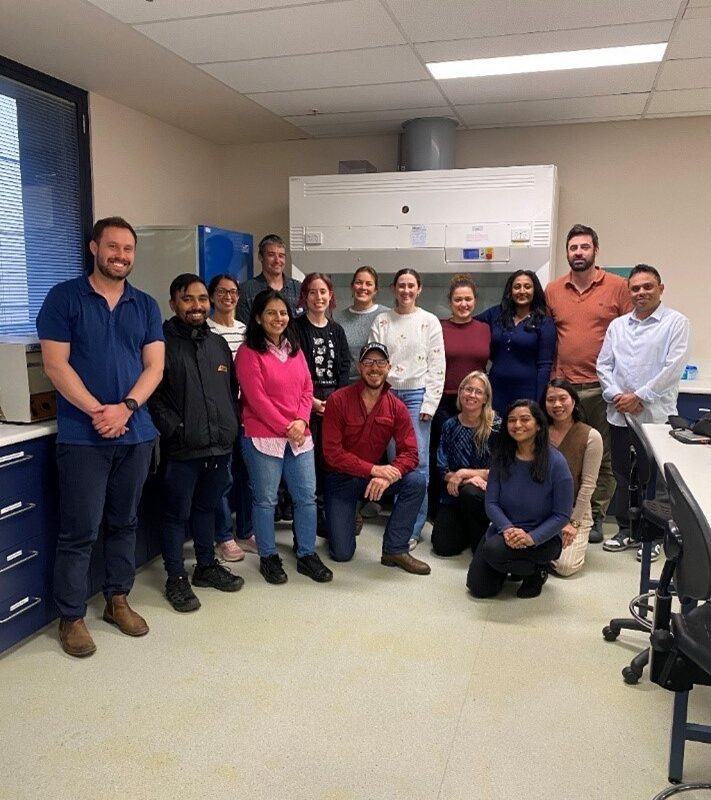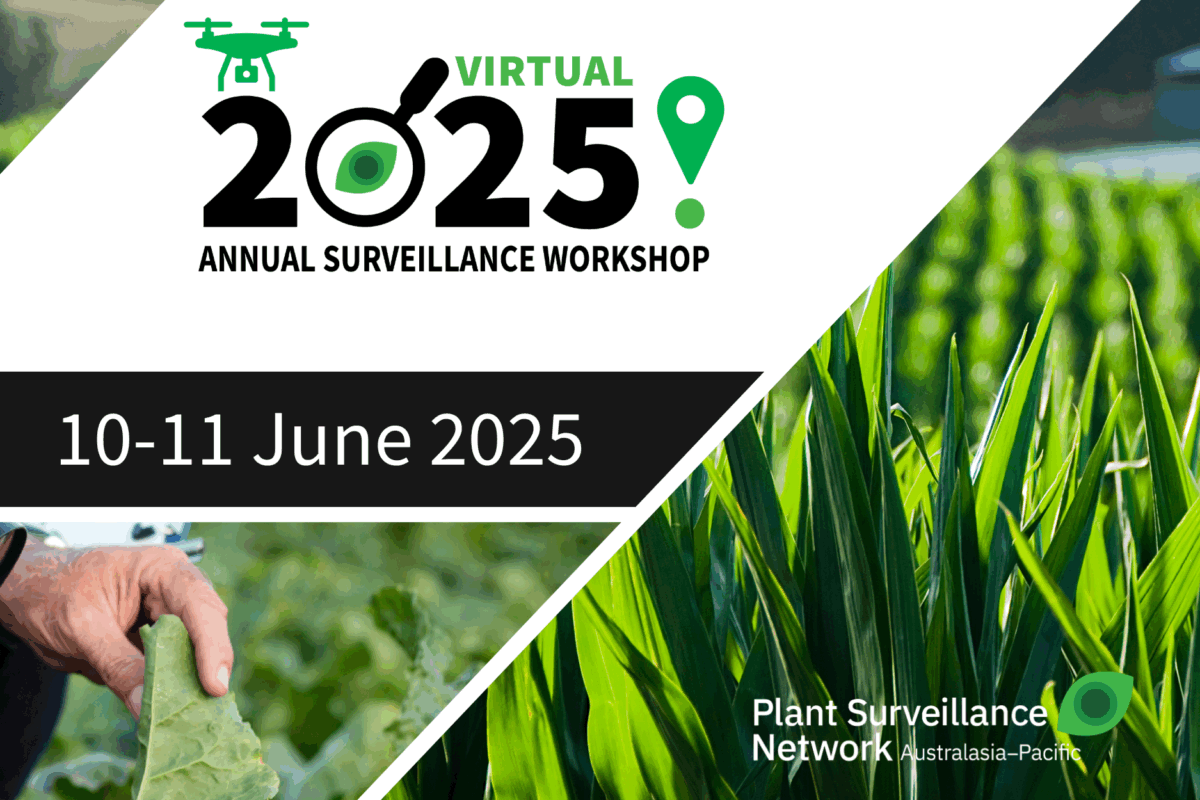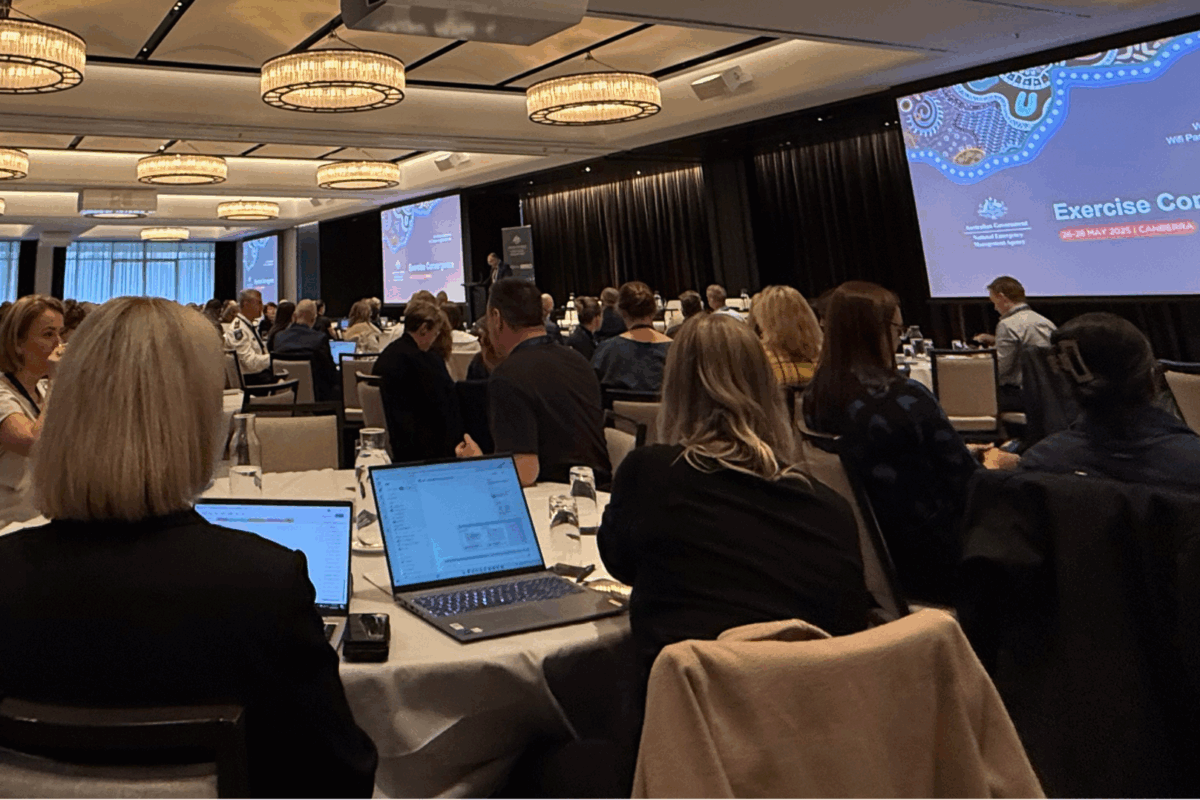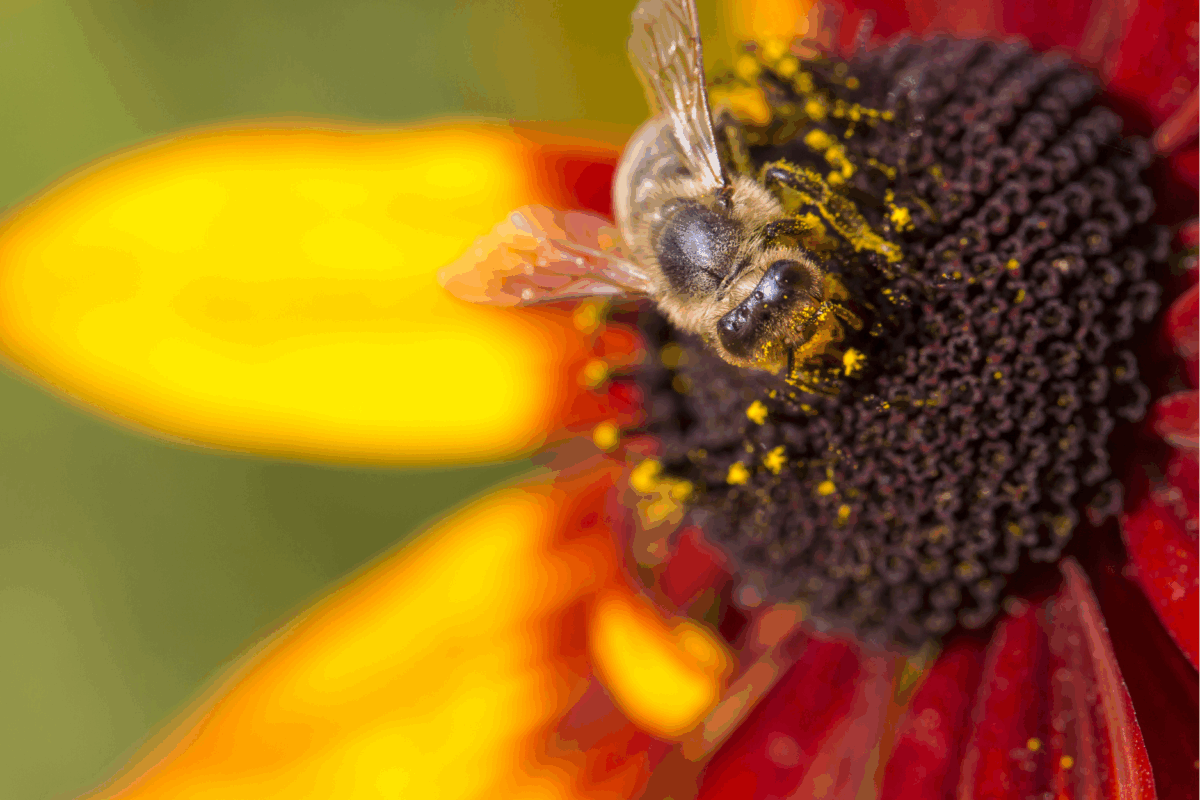Message from the CEO – April 2024
In the first quarter of 2024, Plant Health Australia (PHA) has prioritised engagement opportunities across the plant biosecurity system to improve collaboration, strengthen partnerships and enhance integration.
One of these opportunities was the Nationally Integrated Surveillance System for Plant Pests (NISSPP) workshop in mid-March where plant industry and government representatives from across Australia gathered in Melbourne to finalise activities to investigate requirements for the development of a NISSPP. The workshop presented findings from consultation undertaken with PHA Members, discussed current surveillance system and programs, and identified requirements to improve the way plant pest surveillance is delivered and resourced into the future.
Also during March, Dr Lucy Tran-Nguyen, General Manager: Partnerships and Innovation, Stuart Kearns, National Manager: Preparedness and RD&E, and I appeared before the Rural and Regional Affairs and Transport Legislation Committee for a Senate Enquiry into Red Imported Fire Ants (RIFA) in Australia. PHA’s submission to the Senate Enquiry on RIFA was based on our learnings from successful national eradication programs under the EPPRD and provided recommendations to improve delivery of the national outcome to eradicate RIFA from Australia.
As part of the Decade of Biosecurity project, the Invasive Species Council and PHA coordinated the Parliamentary Friends of Biosecurity event held at Parliament House in Canberra recently. Themed ‘Prevention is better than the cure’, the event hosted by Costa Georgiadis from Gardening Australia, was opened by MP Andrew Wilcox and featured guest speakers including Johnathon Davey from Melons Australia, Stephen Targett from the Australian Honey Bee Industry Council, resident beekeeper Cormac Farrell and Senator Glenn Sterle. Also in attendance were our larger-than-life 3D printed Red Imported Fire Ant (RIFA) and varroa mite, who made their debut to raise awareness of the role biosecurity plays in protecting our valuable agricultural industry and how partnerships underpin the plant biosecurity system.
April is PHA’s birthday month and this year marks 24 years of building a strong and resilient plant biosecurity system for the benefit of the economy, environment, and community. We remain committed to this mission, as reflected in our three strategic priorities and our 2024-25 Annual Operational Plan (AOP), which outlines our key activities for the next 12 months. Our AOP was presented to Members on Thursday 28 March and the Member consultation period closes on Friday 26 April. The updated AOP will be distributed to Members ahead of the Member meetings in May.
April is designated for the annual Bee Pest Blitz month which calls on all Australian beekeepers to inspect their hives for high-priority pests like varroa and tropilaelaps mites. Monitoring honey bees on a regular basis is vital to protecting them against high priority exotic pests and ensuring they are healthy enough to perform pollination.
It is with great sadness that I share the news of the sudden passing of Dr Matthias Jost, PHA’s Project Officer: Digital Systems, earlier this month. Matthias joined the team in July 2023 and played an important role in further developing AUSPestCheck®, PHA’s innovative virtual plant pest surveillance coordination tool. Our heartfelt condolences go out to Matthias’ partner, family, and friends.
We have another full month ahead of us and on Sunday 12 May we celebrate International Day of Plant Health (IDPH) to raise global awareness of the role of plant health in ending hunger, reducing poverty, and protecting biodiversity and the environment. PHA will be supporting IDPH with a sponsored morning tea at the Plant Biosecurity Research Initiative (PBRI) Symposium taking place from 8-9 May in Cairns, Queensland.
Join us in supporting IDPH and host a morning tea on Monday 13 May to celebrate. To help you promote IDPH through your channels, we have prepared a stakeholder pack which can be downloaded off the PHA website.






